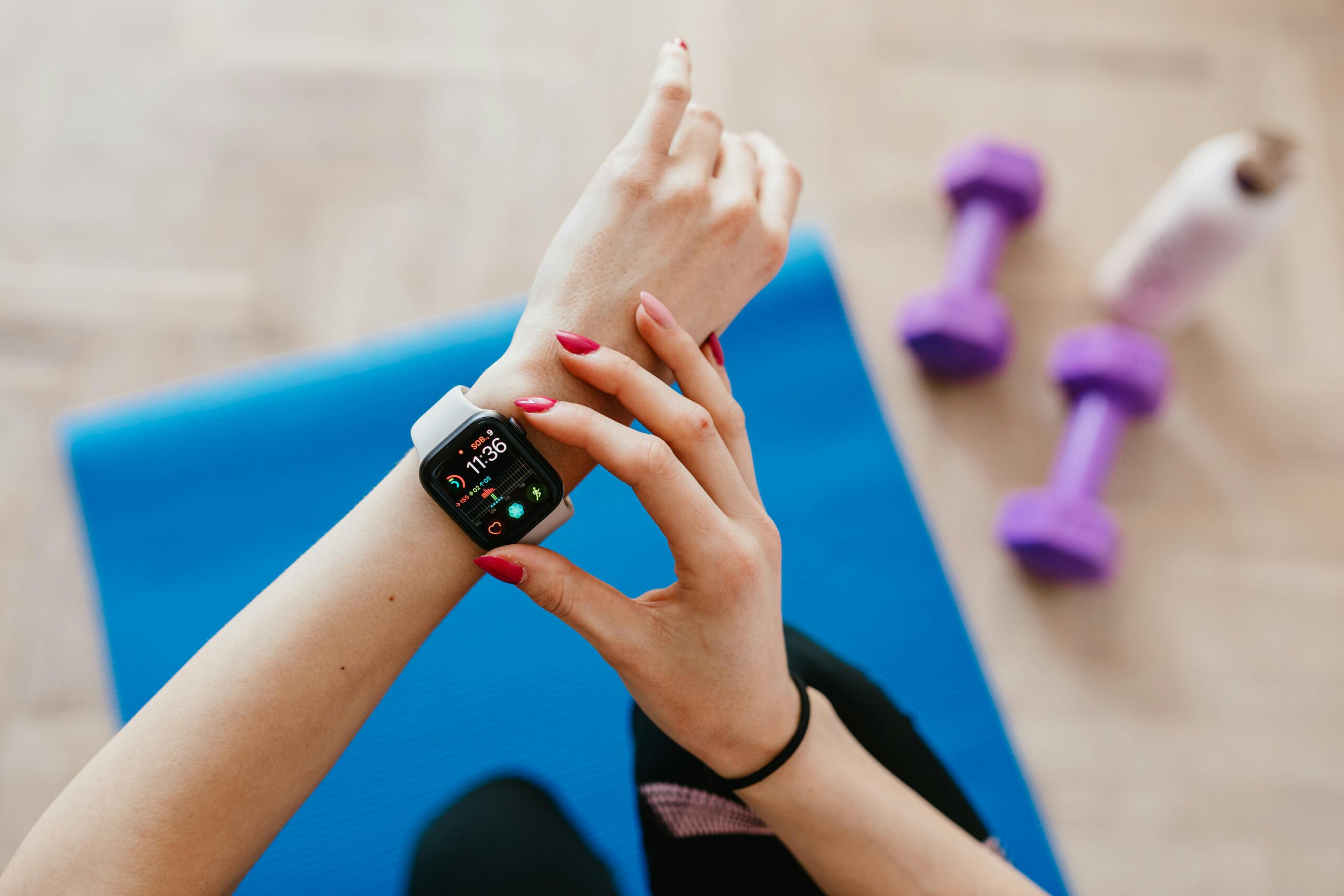The Rise of Wearable Fitness Tech: Are You Keeping Up?
Fitness has come a long way from notepads and stopwatch timers. In today’s world, wearable fitness technology is redefining how we approach health, exercise, and everyday habits. Whether you’re a serious athlete or someone simply trying to walk more, wearables are changing the game—and if you haven’t jumped on the bandwagon yet, it’s worth asking: Are you keeping up?
What Is Wearable Fitness Tech?
Wearable fitness technology refers to electronic devices you wear on your body to track and monitor your health and activity. Think fitness bands like Fitbit, smartwatches like the Apple Watch, or even smart rings, patches, and clothing. These devices use sensors to collect data such as your heart rate, sleep patterns, oxygen levels, calories burned, and even stress levels.
In short, they give you real-time insights into what’s happening inside your body and how your lifestyle affects your overall well-being.
Why Wearables Are So Popular
The global fitness tech market is booming, with wearable device sales growing every year. What’s driving this surge? A few reasons stand out:
- Convenience: You can track your workout, sleep, hydration, and diet all from your wrist or finger.
- Motivation: Features like daily step goals, activity reminders, and progress badges keep users engaged and accountable.
- Personalization: Many devices use AI and machine learning to tailor feedback based on your unique data.
- Health Insights: Beyond fitness, wearables are helping people detect early signs of health issues like irregular heart rhythms or poor sleep quality.
What Can These Devices Really Do?
Modern fitness tech is packed with features. Most basic models count steps, distance, and calories, but higher-end wearables offer much more, including:
- Heart Rate Monitoring: Great for tracking workouts or spotting resting rate changes that might signal illness.
- Sleep Tracking: Measures sleep stages and quality, helping you improve rest and recovery.
- VO2 Max and Cardio Fitness Levels: Estimates how efficiently your body uses oxygen during intense exercise.
- Stress Tracking: Monitors physiological signs of stress and suggests mindfulness practices.
- Workout Detection: Automatically tracks workouts and gives post-workout summaries.
- GPS and Route Tracking: Records distance, pace, and elevation for outdoor activities like running or biking.
- Smart Notifications: Keeps you updated without constantly checking your phone.
How Fitness Tech Helps You Reach Your Goals
Let’s say you’re trying to lose weight, run a 5K, or improve your sleep. Wearables make those goals more achievable by giving you the data to measure progress and make smarter decisions. If you only walked 5,000 steps today but your goal was 10,000, your fitness tracker might give you a friendly nudge to take an evening stroll. If your heart rate stayed high during sleep, it could signal that you’re not recovering well and need to adjust your routine.
With this type of feedback, users can adapt their habits in real time instead of guessing or waiting until their next doctor’s visit.
Are There Any Downsides?
Wearable tech isn’t perfect. Some devices have inconsistent tracking, especially during high-intensity activities. Others can lead to obsession over numbers, creating anxiety instead of motivation. Privacy is another concern, as these devices collect sensitive health data.
That said, the pros often outweigh the cons—especially if you use your device as a helpful guide, not a strict dictator.
Should You Join the Trend?
If you’re serious about improving your health—or just curious about how your body responds to daily life—a wearable might be a great investment. You don’t need to buy the most expensive gadget on the market. Start with a model that fits your needs and budget. As your fitness journey evolves, so can your gear.
Wearable fitness tech is more than just a trend—it’s a revolution in how we approach personal health. With the ability to collect detailed insights, stay accountable, and track meaningful progress, these devices can empower you to live a more active and informed life.
So whether you’re a weekend warrior or just trying to get off the couch, it’s time to ask yourself: are you keeping up?







